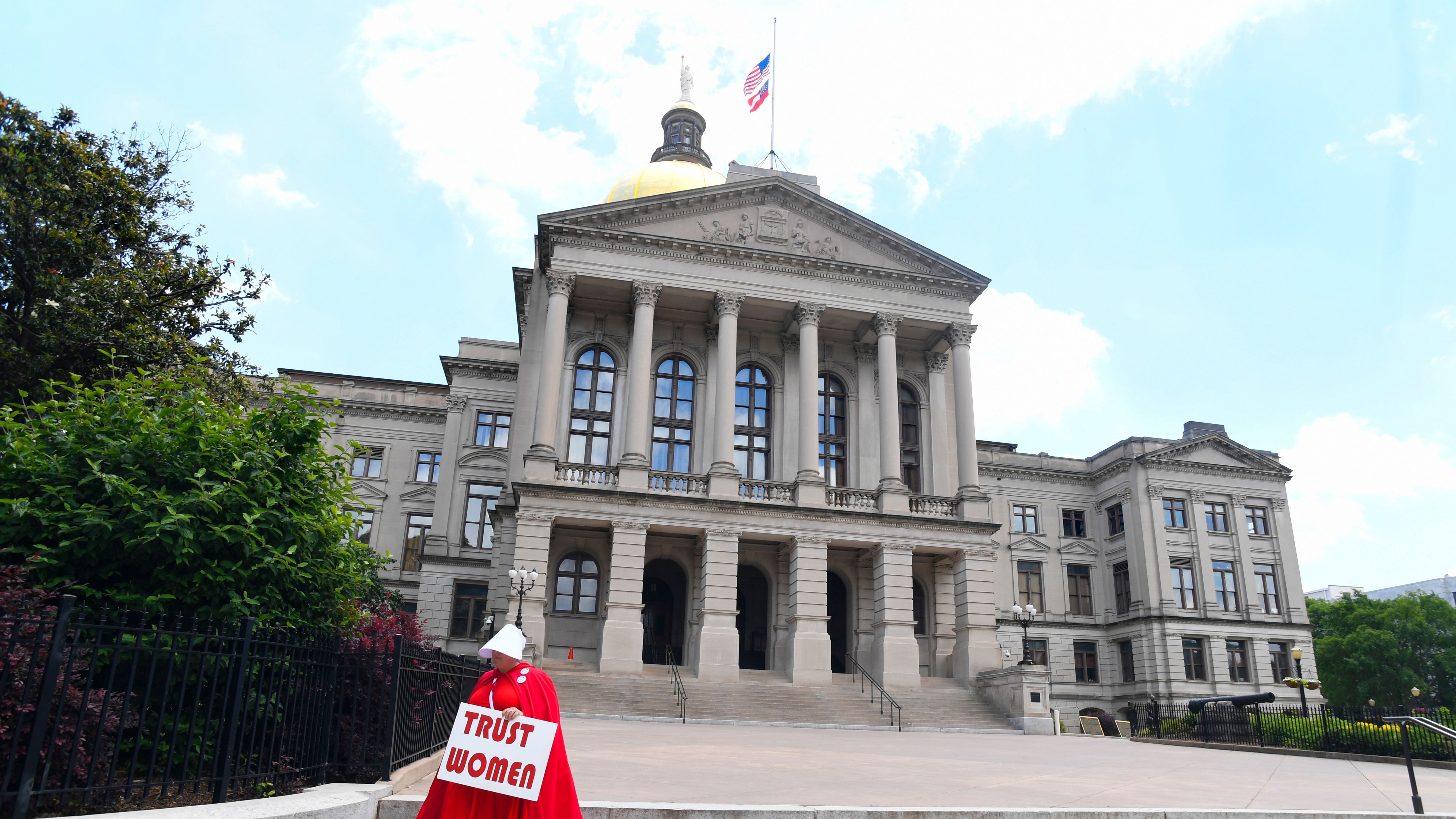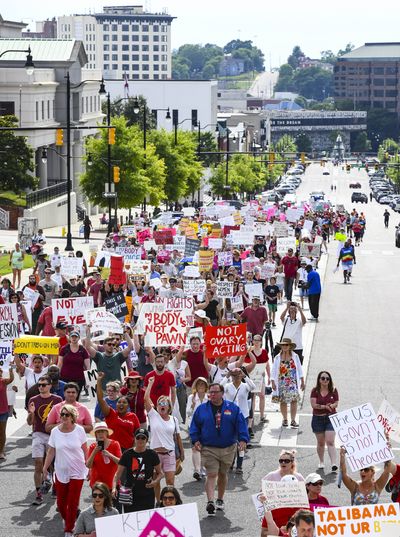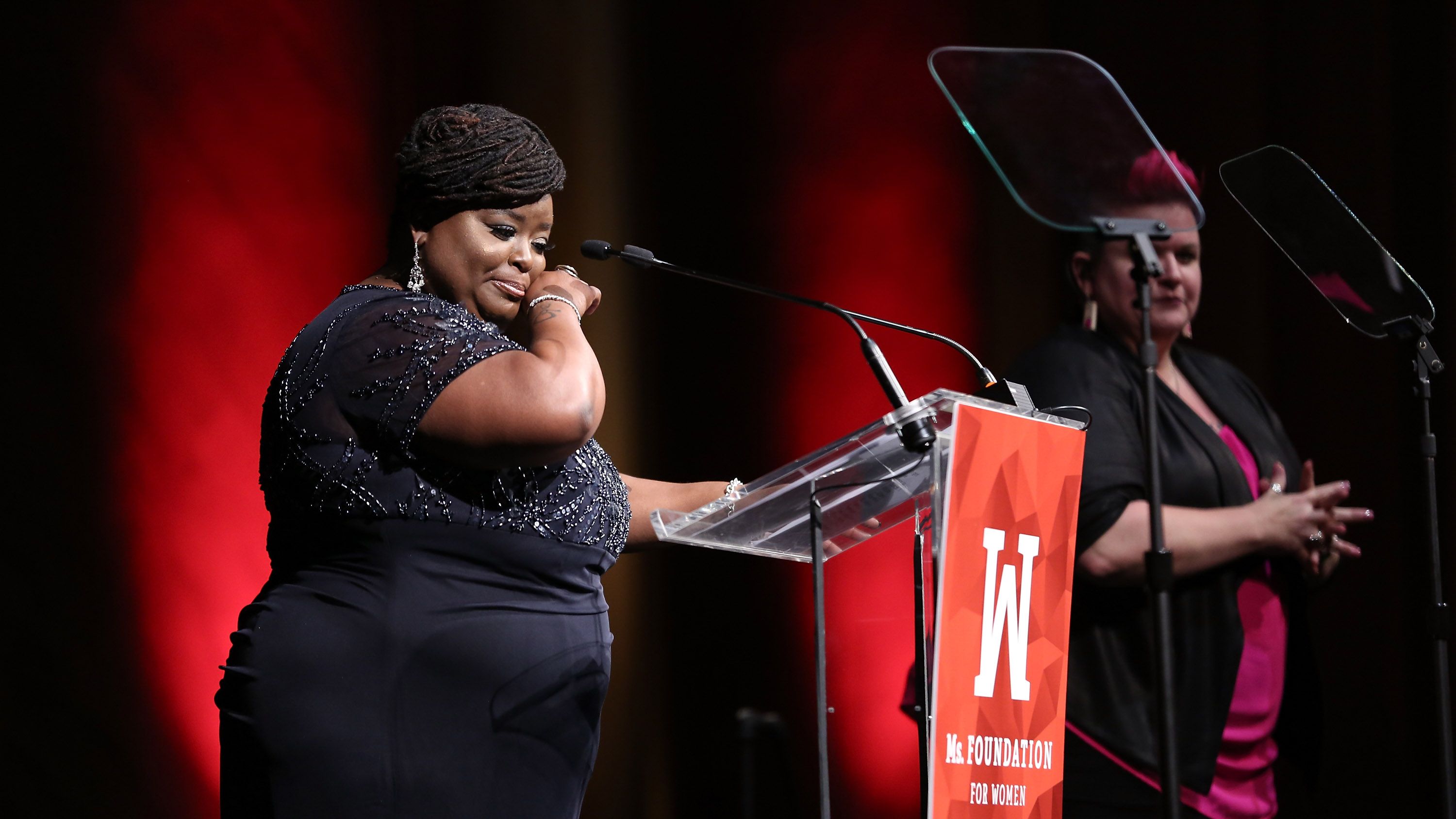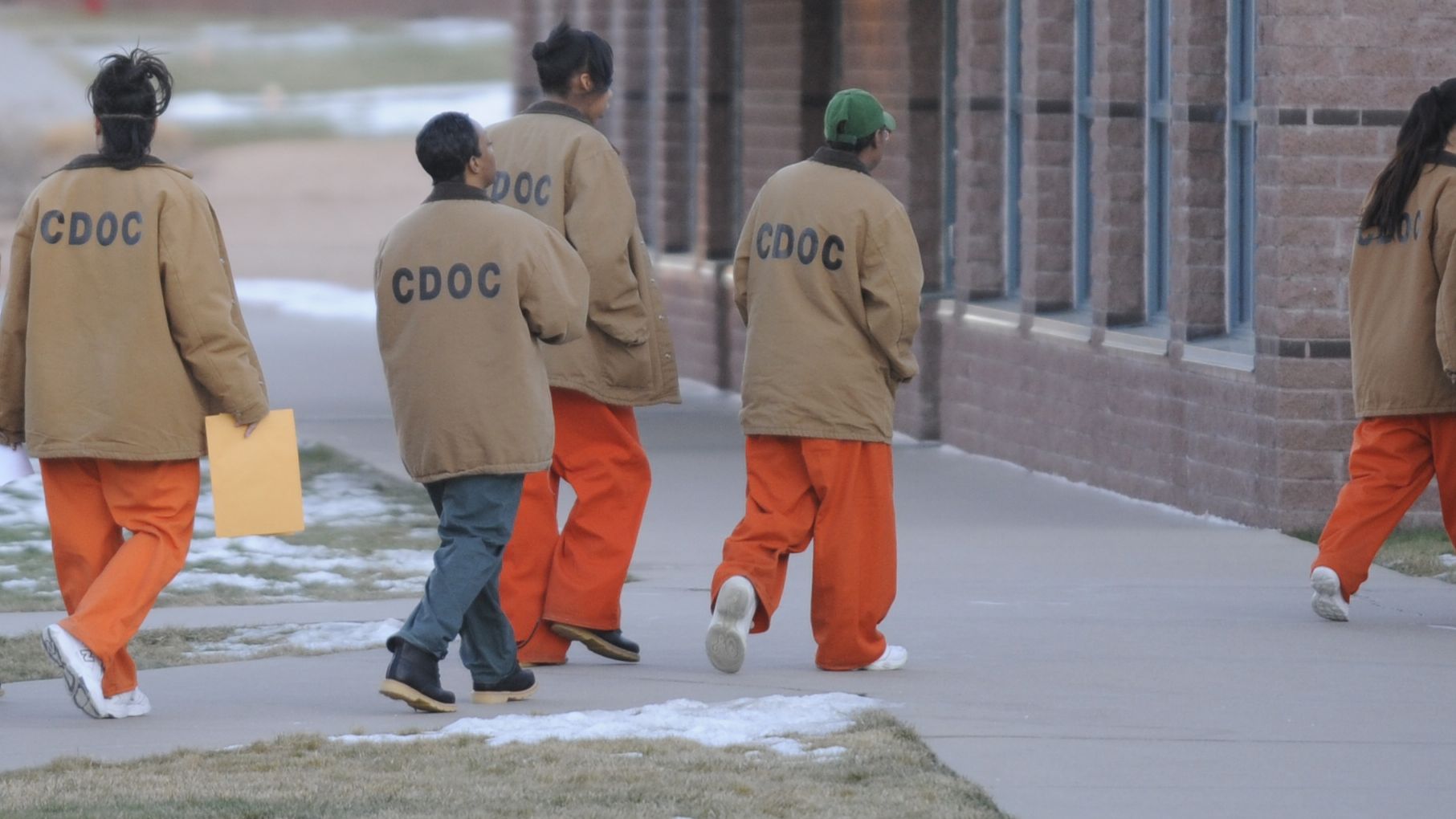Can We Have a Conversation About Abortion Bans and the South?
The region is home to the highest concentrations of both Black people and poor people.

A wave of abortion bans swept the country over the last few weeks in Georgia, Alabama, Kentucky, Ohio, and, most recently, Missouri. Outraged, some lamented that the South is a backwards place, full of people who don’t know any better than to restrict our rights.
Yes, it's true that since 2010 there have been more than 400 legislative restrictions on abortion signed into law, and many were enacted in Southern states. But why do we assume that people in the South don’t know any better—especially if they're the ones being impacted? Southerners have been organizing for a long time to protect the rights of vulnerable communities there, and reproductive access is no exception. They’ve been doing so even before people outside of the South became aware that lack of access to reproductive care was a problem in the region.
Southerners are far from stupid, illiterate, or backwards. Many are struggling to be powerful against an entrenched network of people in power who don’t necessarily represent or even reflect their own constituents. After the last period of civil rights, when important gains were won that protected voting rights, formally ended segregation, and made discrimination illegal, it didn’t mean that racism ended. It simply meant that a movement made gains against a Goliath. However, Goliath has not yet fallen.

Protestors in Montgomery, Alabama, May 19, 2019.
Many people were lulled into thinking that there was no more work left to do. When the nation’s attention turned away from the South, an insidious political movement turned its attention towards it. Enraged by the gains that were made, the conservative establishment that had upheld slavery, segregation, discrimination, and inequality in general, vowed to re-establish their power.
The states where abortion bans were signed into law have something in common: They are states that have high concentrations of Black people and people who are poor. Alabama is the 4th poorest state in the country. Georgia has the 4th highest concentration of Black people in the nation, behind Louisiana, Mississippi, and the District of Columbia. Abortion bans aren’t just about abortion—they have always been about power: who has it, who doesn’t, and who wants to keep whom from gaining it. There is a power struggle happening in America between those who want the participation of many and those who want to limit some people from making decisions, precisely because it threatens their own power. Folks in the South have been fighting it, even while you may not have been watching.
You might be surprised to learn that the South is where clinic defense originated, with networks of people literally putting their bodies between anti-abortion protestors and people seeking care, because they believe that all people should be able to access healthcare without interference.
Abortion bans aren’t just about abortion—they have always been about power.
You might be surprised to learn that in the South, Black people, trans and gender non-conforming people, indigenous people, people of color, and people who are poor have been organizing against these attacks for decades. These organizations aren’t as well-resourced as the ones you likely know about, but they are the critical link between making sure that the bans don’t become law and that the people most impacted by these laws are in a position to determine what happens next.
SisterSong, led by Monica Simpson, is a national organization based in the South that builds networks to protect the reproductive rights of communities that are marginalized. The group's co-founder and former national coordinator, Loretta Ross, is one of the people who coined the term “reproductive justice,” and did so to make sure that women of color and poor women weren’t left out of the conversation.
Get exclusive access to fashion and beauty trends, hot-off-the-press celebrity news, and more.
Abortion has functioned as a wedge issue for many, but especially in Black communities. For SisterSong, it is about the government intruding into decisions that should be left up to individuals and families. “Now is not the time for our communities to be divided over our personal views on abortion,” Simpson says. “We must understand that we are all fighting a system that is seeking to control our bodies. Whether it’s police shooting our children on a playground, or ICE officials taking children from the arms of their mothers at the border, or cities pumping contaminated water into our homes, or elected officials banning abortion access at six weeks—it is clear that we have a common enemy that requires our collective resistance.”

Executive Director of SisterSong and WOV Grantee Honoree, Monica Simpson speaks onstage at the Ms. Foundation 30th Annual Gloria Awards, May 2018.
There’s a long history in America of women fighting for the right for some of us to be considered human, and then leaving some people behind. For example, at the same time that the birth control pill was being developed in the 1930s, some of the advocates for it also advocated for Black women and Puerto Rican women to be forcibly sterilized. Today’s abortion bans threaten to leave many more behind. Many Southerners lack the resources to travel to states where abortion is unrestricted. When access is limited or non-existent, it is the most vulnerable who suffer.
Justice should remove the barriers that exist for everyone to live a full and dignified life. Reproductive justice protects and expands our ability to make the choices that are best for us, asserting that nothing—race, class, gender, disability, age, immigration status—should deny us the right to self-determination.
There are ways to hold power accountable. The people who sign these bills into law, and the people who move these bills through our statehouses, are elected by you and me. When the person you elected to represent you doesn’t, you can mobilize yourself and others to put someone in their place who shares our values. Doing so takes resources.
Those of us who want to see these bans lifted, and who want to keep these bans from coming to where we live, have a very important role to play, whether you reside in the South or not. We won’t boycott or sex strike our way to justice. Changing these laws—and keeping them from appearing in the first place—requires organizing and mobilizing. Organizing and mobilizing requires getting to know people, moving through stereotypes, and seeing the bigger picture.
We need to do our homework to understand the real reasons these bans are being passed, and learn about the power structure behind them. We can donate to and support organizations like SisterSong that organize and mobilize people to take down Goliath. And we can amplify the work that marginalized communities in the South are doing, so that they can be powerful enough to fight back and win.
SPARK Reproductive Justice Now!, Women with a Vision, Feminist Women’s Health Center, Women Engaged, and ARC Southeast are some additional groups supporting rural and low income communities to be powerful. They will continue to do this work when the news cycle moves on. They are activating the people who are stereotyped as stupid, ignorant, and illiterate, and they are working hard to remind you that those same people are, in fact, our best hope of defeating those abortion bills.
For their sake and ours, let’s make sure we don’t move on when the news cycle does.
For more stories like this, including celebrity news, beauty and fashion advice, savvy political commentary, and fascinating features, sign up for the Marie Claire newsletter.
MORE FROM ALICIA GARZA
